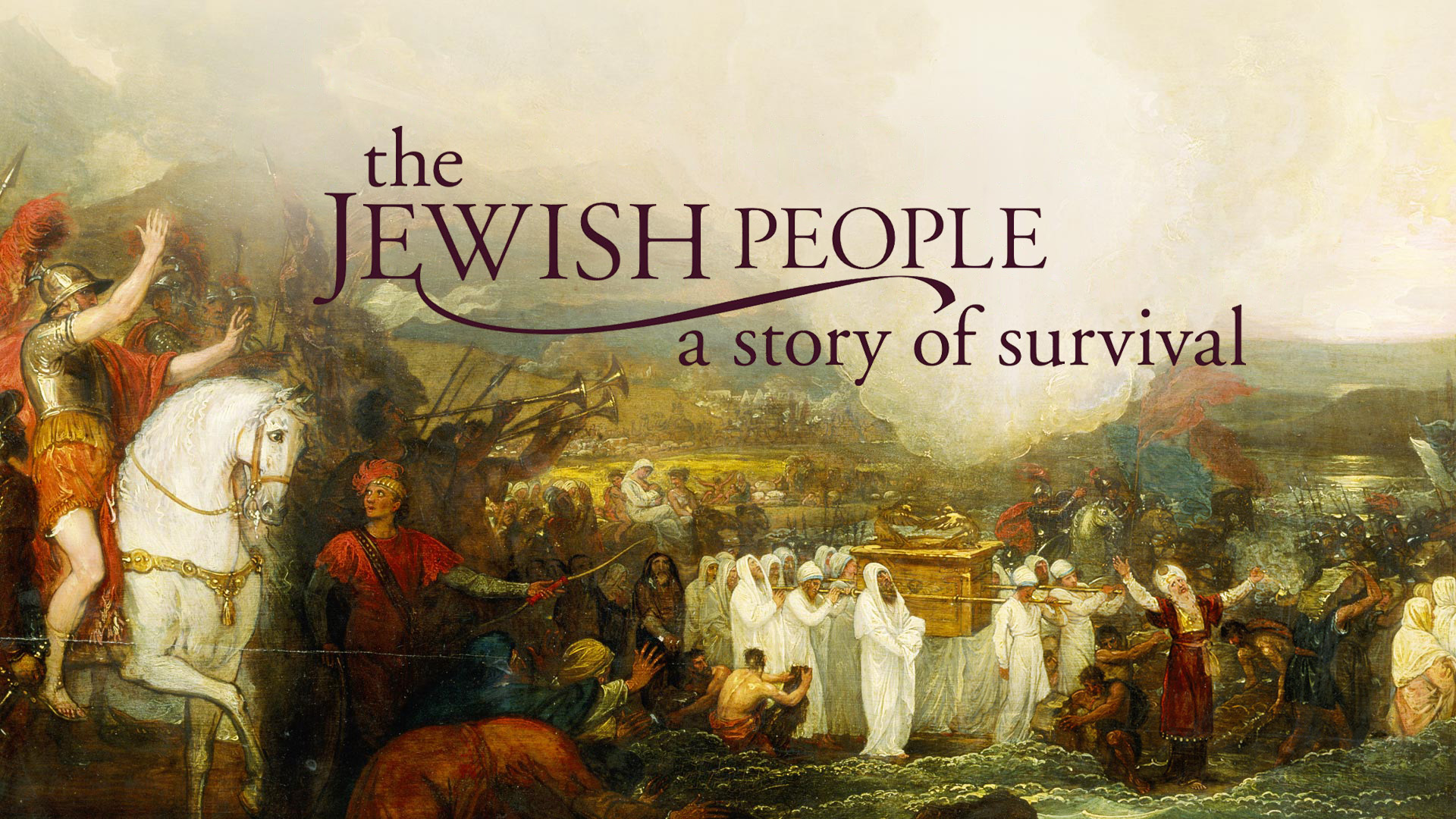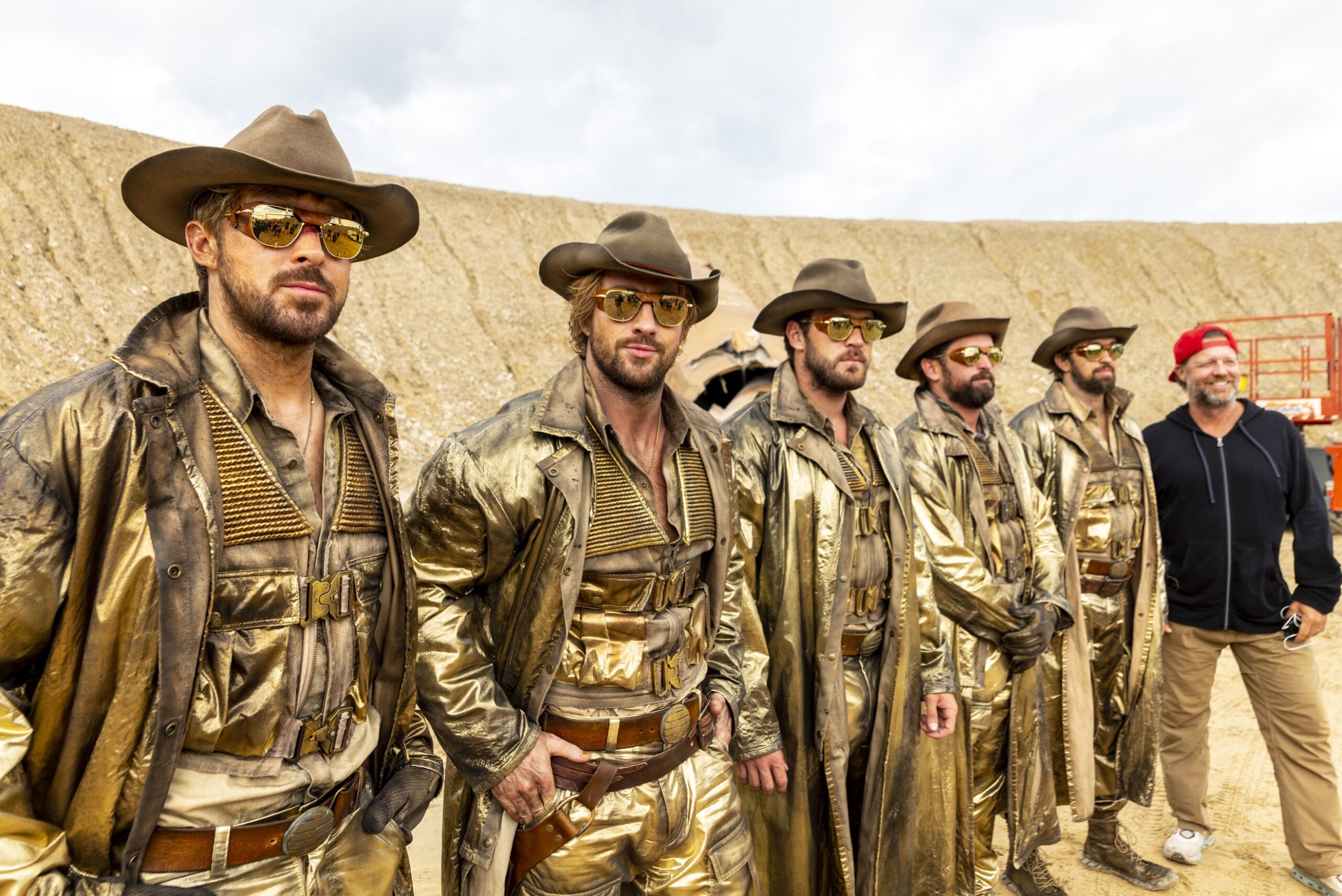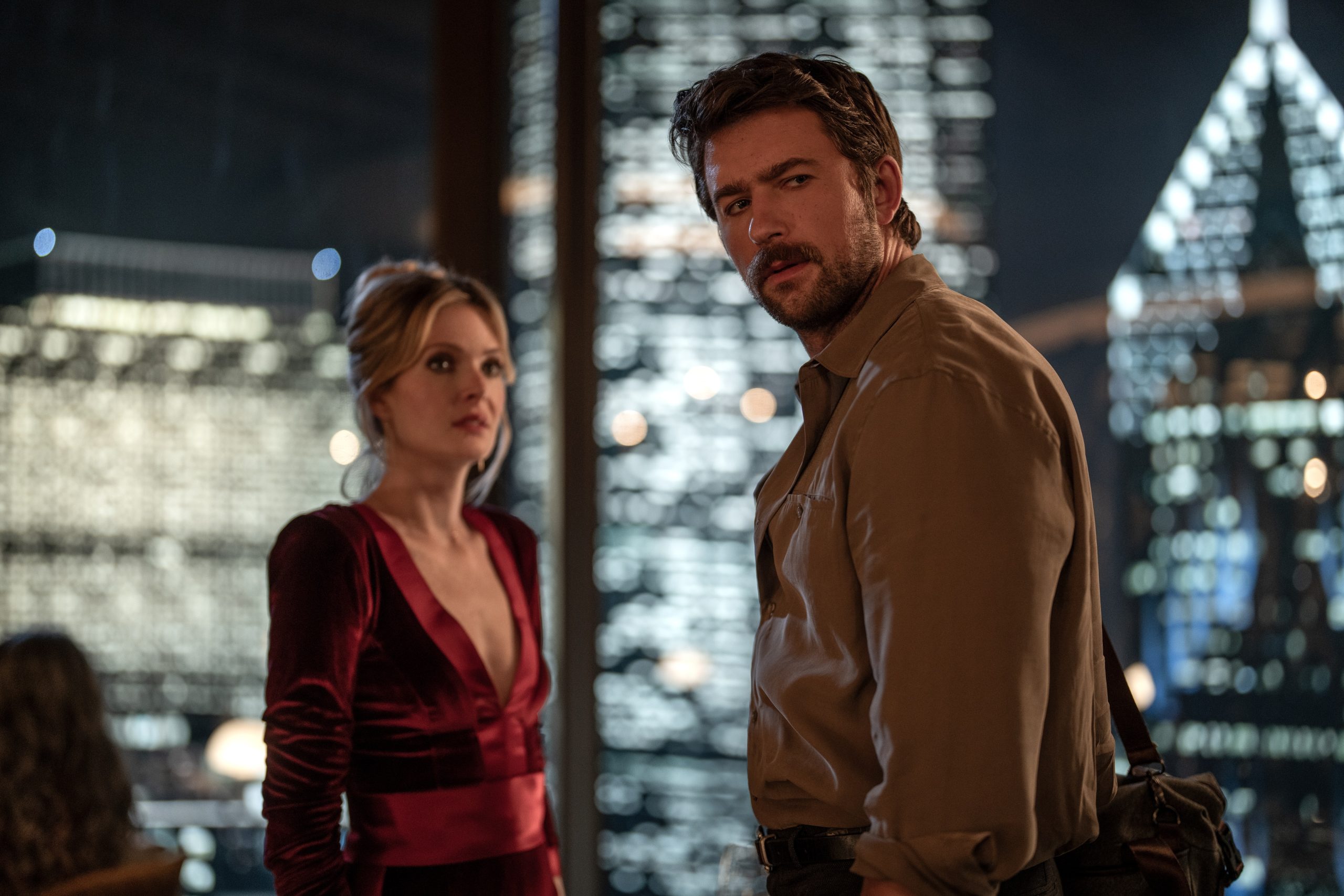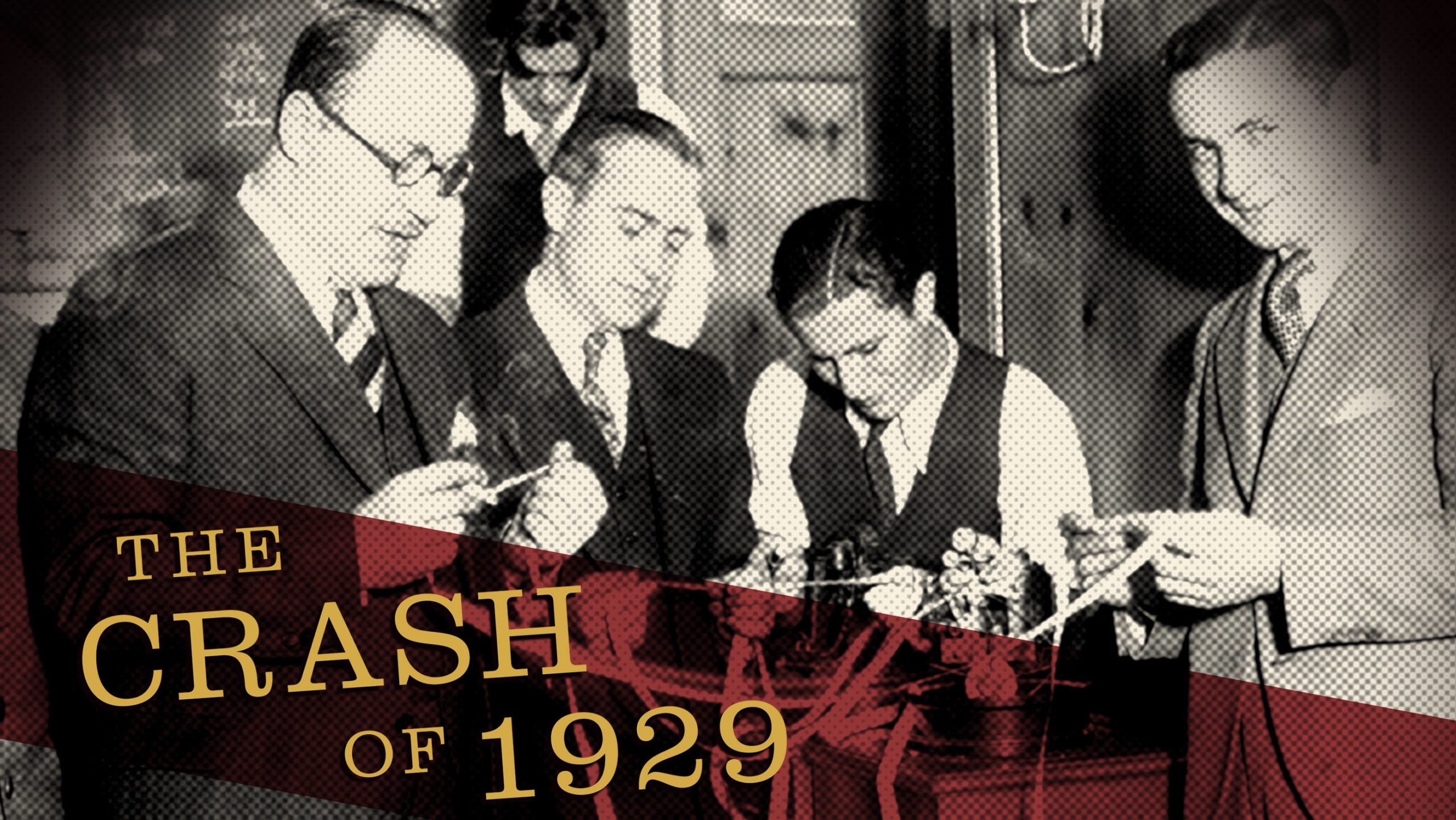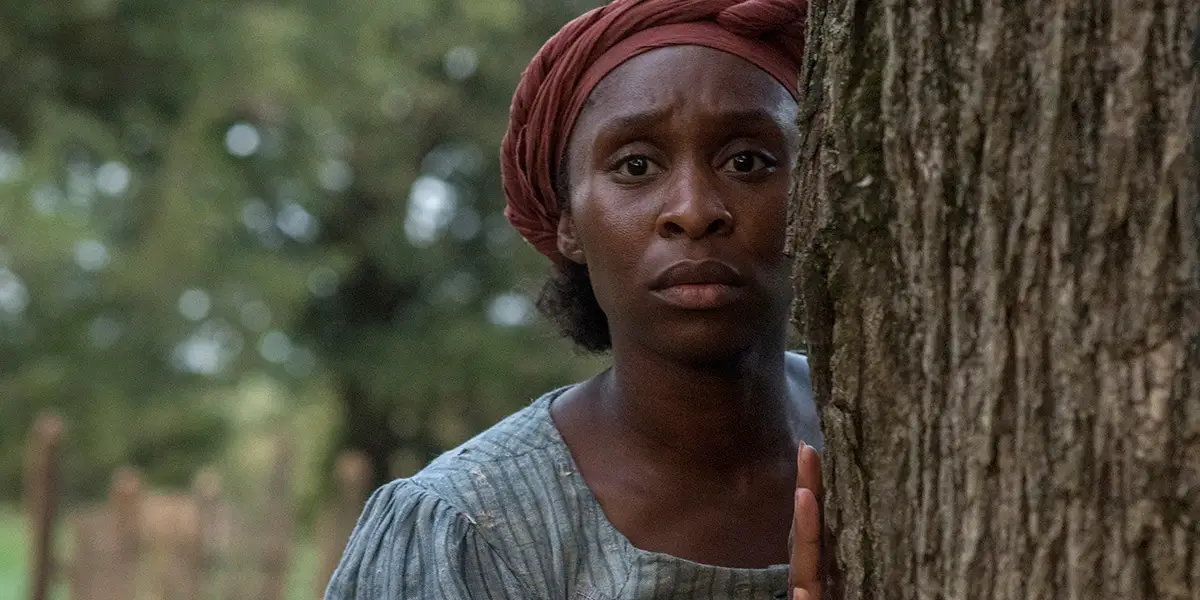
Harriet shines a light on the Underground Railroad by depicting Harriet Tubman’s actions in helping free slaves and taking them to freedom.
Harriet Tubman (Cynthia Erivo) is a true American hero. Through her actions, this inspiring woman was able to bring so many slaves to freedom. The film, written by Gregory Allen Howard and Kasi Lemmons, mostly focuses on the Underground Railroad after escaping slavery. Yes, there are other aspects that they could focus on. In order to do so, we would be looking at something that could work better as a mini-series. Harriet, born Araminta Ross, is looking to start a family with husband John Tubman (Zackary Momoh) when we first meet her. Unfortunately, slave owner Edward Brodess (Michael Marunde) ignores letters from their lawyer. His son, Gideon (Joe Alwyn), is just as bad. If he had his way, she would be sold and separated from her family.
Harriet’s journey takes her to Reverend Samuel Green (Vondie Curtis Hall). Eventually, she makes her way to meet up with William Still (Leslie Odom Jr.) of the Pennsylvania Anti-Slavery Society. He also happens to be one of the committee leaders operating the Underground Railroad. William gets her set up with Marie Buchanon (Janelle Monáe). Yet one year into freedom, Harriet misses her family and wants to go back for them. William is afraid to send in his team so Harriet takes it upon herself to do the job. In typical biopic fashion, we’re soon treated to a montage of rescue scenes once Harriet is selected for a leadership position. There’s a powerful speech every now and then–one of which comes at William Seward’s home. The latter of which comes during an epilogue scene two years into the Civil War at the Raid on Combahee Ferry.
The Fugitive Slave Act changes everything for those who escaped slavery to freedom. Risks soon increase because of slave hunters. With slave hunters on their trail, it basically means relocating people north of the Canadian border. Gideon is angry and does whatever it takes to capture Harriet alive when he learns the true identity of “Moses,” the slave stealer.
There’s the risk that comes with escaping to freedom. She knows what it means but takes the risk anyway. Terence Blanchard’s score gives off a thriller-esque vibe at times. This doesn’t mean that the film is a straight-out thriller because it’s not. It’s a biopic about an important American hero–one who could end up replacing President Andrew Jackson on the $20. There is some brutality in watching the film but I don’t think it’s at the same level of brutality as what we saw in 12 Years A Slave. It was an essential film but also very brutal to watch. In many aspects, I do feel that Harriet is essential but some part of me is wording if I’m basing this on how powerful of a performance we get from Cynthia Erivo.
The moment that Thomas Garrett drops her at the Maryland-Pennsylvania border is one of the best moments in the film. The cinematography during this moment alone is just beautiful. The way that Harriet at the view, you can’t help but smile.
The tricky part of biopics is what part of the life do you choose to focus on. With Harriet Tubman, the clear choice seems to be when she was working on the Underground Railroad. But at the same time, we’re talking about a woman who lived into her early 90s! The film manages to focus on a limited number of years but I’m sure that there’s more about her life that the average American might not even know about. And yet, this is the first biopic on the American hero. Why did it take so long to get her story on screen?!?
While Cynthia Erivo delivers a commanding performance in Harriet, the film also serves as a stark reminder of a dark time in American history.
DIRECTOR: Kasi Lemmons
SCREENWRITERS: Gregory Allen Howard and Kasi Lemmons
CAST: Cynthia Erivo, Leslie Odom Jr., Joe Alwyn, Jennifer Nettles, Clarke Peters, and Janelle Monáe

